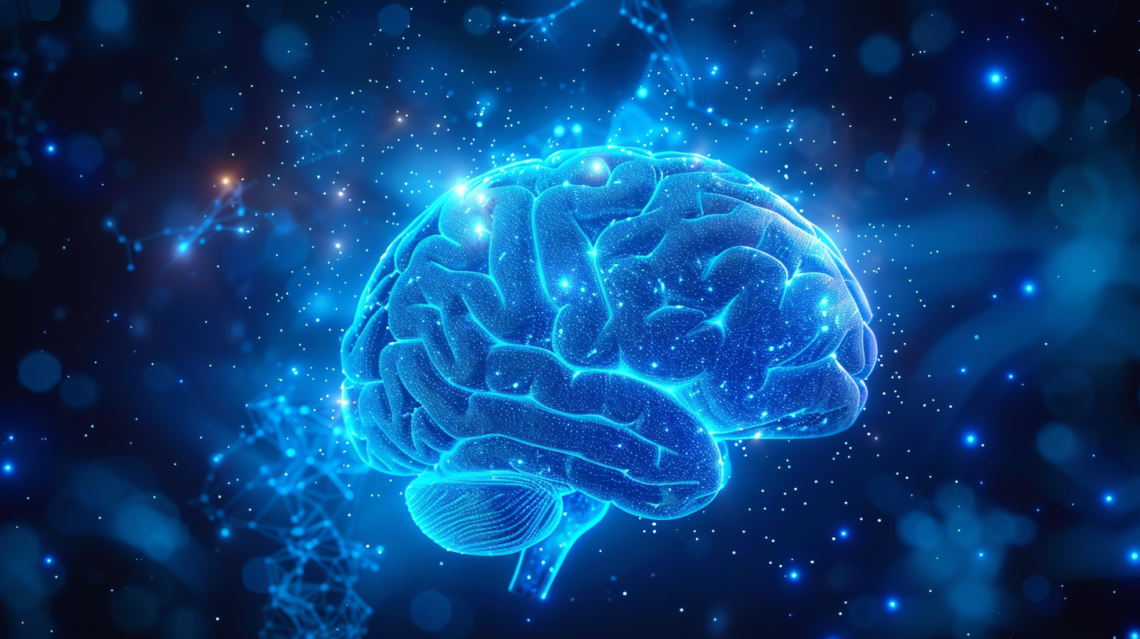-
The Importance of Good Nutrition
In the realm of maintaining optimal health and well-being, the significance of good nutrition cannot be overstated. It serves as the foundation upon which our bodies build strength, immunity, and overall vitality. This extensive article delves into the multifaceted benefits of good nutrition, outlines how it can profoundly impact our health, and provides examples of foods that epitomize healthy eating. Utilizing insights from nutritional science, we aim to elucidate how dietary choices can influence our physical and mental health, underscoring the importance of informed food selections in our daily lives. Understanding Good Nutrition Good nutrition involves the intake of a balanced diet rich in vitamins, minerals, proteins, carbohydrates, and fats,…
-
Maximizing Weekends for Healthier Grocery Shopping
Weekends, often seen as a respite from the bustling workweek, present a unique opportunity to prioritize our health and wellness through the seemingly mundane task of grocery shopping, a ritual that, when executed with mindfulness and intention, can significantly enhance our dietary habits and overall well-being; this is because weekends afford us the luxury of time, allowing us to thoughtfully plan our meals, peruse the grocery aisles without haste, and make informed decisions about the foods we choose to nourish our bodies with, which is crucial in an era where fast food and processed meals frequently eclipse the healthier alternatives that are essential for maintaining a robust and vigorous lifestyle.…
-
Brain Health and Stroke Prevention
When we think of personal health and wellness, the emphasis often tends to gravitate towards physical fitness and dietary habits, overshadowing the equally crucial aspect of brain health. This can lead to a lack of awareness and understanding regarding the prevention of neurological conditions, notably strokes, which are amongst the leading causes of disability and mortality worldwide. In this article, we delve into the intricate relationship between lifestyle choices and brain health, with a particular focus on stroke prevention, offering insights grounded in the latest research and recommendations from health professionals. Through a nuanced exploration of this topic, we aim to equip readers with the knowledge necessary to nurture their…
-
Walking: Key to Health & Well-being
Walking, often underestimated in its capacity to foster health, is a cornerstone of preventive medicine. This gentle, yet incredibly effective, form of exercise is universally accessible, requiring no special equipment or environment, making it an ideal starting point for those who want to incorporate more physical activity into their routines. It engages the cardiovascular system, enhancing heart health by improving blood circulation, reducing blood pressure, and lowers the risk of heart disease. Regular walking adjusts the body’s lipid profile by increasing high-density lipoprotein (HDL) cholesterol levels and decreasing low-density lipoprotein (LDL) cholesterol levels, thus playing a pivotal role in managing and preventing type 2 diabetes by regulating blood sugar levels.…
-
Nourishing Your Health by Eating Well
In the whirlwind of our daily lives, where convenience often trumps quality, making informed choices about our meals can seem like a daunting task. Yet, the impact of these choices extends far beyond the momentary satisfaction of taste buds; they are the building blocks of our health and well-being. This guide is designed to demystify the principles of good nutrition, offering you the tools to transform your diet and, by extension, your health. Now let’s delve into the essence of good nutrition, the pitfalls of fast food, and the tangible benefits of having a wholesome diet. Understanding Good Nutrition Good nutrition is about more than just avoiding junk food; it’s…
-
Healthy Valentine’s Day Alternatives
The consumption of candy and chocolates, synonymous with Valentine’s Day, is not without its pitfalls. The high sugar content in these treats is a significant factor contributing to a multitude of health complications, including, but not limited to, weight gain, an increased risk of developing heart disease, and the onset of type 2 diabetes. From a dental perspective, sugar serves as a catalyst for bacteria in the mouth, fostering an environment conducive to acid production that attacks tooth enamel, leading to cavities and, over time, more severe dental health issues. All of this underscores the importance of mindful consumption. Moreover, it’s also crucial to acknowledge the psychological ramifications associated with…
-
Natural Remedies for Sleep-Deprivation Headaches
Headaches caused by lack of sleep are a common malady that plagues a significant portion of the population, leading to a decrease in productivity and an overall decline in quality of life; this issue, however, can be mitigated through the implementation of various strategies and remedies, which, when applied consistently, can alleviate the discomfort associated with these headaches and restore a sense of well-being to the afflicted individual. One of the most fundamental approaches to addressing headaches induced by insufficient sleep involves establishing a regular sleep schedule, as the body thrives on routine, and by going to bed and waking up at the same time each day, one can significantly…
-
Understanding Stomach Pain After Eating
Stomach pain after eating is a common complaint that can arise from a variety of causes, ranging from mild to severe, and understanding the intricacies of these causes can help individuals identify potential triggers and make informed choices about their diet and lifestyle. The mechanisms behind stomach pain post-consumption often involve the digestive system’s response to the breakdown and absorption of foods, where certain components in foods can trigger adverse reactions in some individuals, leading to discomfort, pain, or other gastrointestinal symptoms. This intricate process involves various factors, including the type of food consumed, individual sensitivities, and underlying health conditions, which collectively influence the digestive system’s ability to process and…
-
How Stress Impacts Your Heart
In today’s world, where the pace of life seems ever-accelerating, stress has become an inescapable reality for many. This intangible yet profoundly impactful factor is not just a psychological burden but also carries significant implications for physical health, particularly concerning the heart. Research and clinical observations have consistently highlighted the intricate connections between stress and cardiovascular health, underscoring the need for a comprehensive understanding of this relationship to foster better health outcomes. Stress, in its essence, is the body’s natural response to any demand or threat. When one perceives a situation as challenging or potentially harmful, the body’s defenses kick into high gear in a rapid, automatic process known as…
-
Foods to Avoid if You Have Heart Problems
Heart health is a critical aspect of overall well-being, especially for individuals with pre-existing heart conditions. Diet plays a significant role in managing and preventing heart-related issues. This guide will delve into the top three foods to avoid for those with heart problems, underpinning the importance of a heart-healthy diet. 1. Processed Meats: A Hidden Danger What Are Processed Meats? Processed meats include products like bacon, sausages, hot dogs, and deli meats. These are altered through curing, salting, smoking, or adding chemical preservatives. Why Avoid Them? A. High Sodium Content: Processed meats are notoriously high in sodium, a key contributor to high blood pressure, a significant risk factor for heart…









